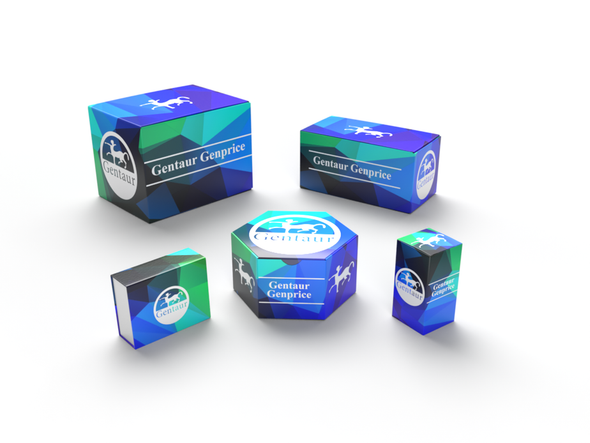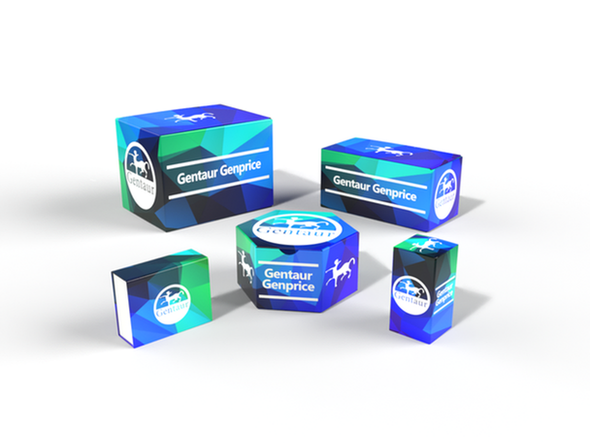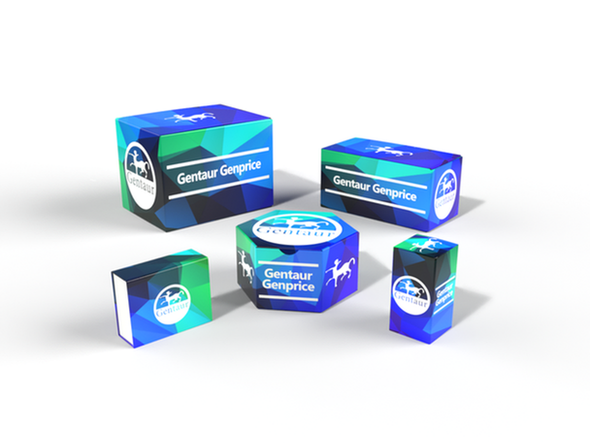BW
4-1BBL (R69) polyclonal Antibody | BS1993
- SKU:
- BW-BS1993
- Availability:
- Usually ships in 5 working days
Description
4-1BBL (R69) polyclonal Antibody | BS1993 | Gentaur UK, US & Europe Distribution
Host: Rabbit
Reactivity: Human,Mouse,Rat
Application: IHC IF
Application Range: IHC: 1:50~1:200 IF: 1:50~1:200
Background: 4-1BB was originally described as a cDNA expressed by activated murine T cells and subsequently demonstrated to encode a member of the tumor necrosis factor receptor family of integral membrane proteins. Recently, a murine ligand for 4-1BB (mu4-1BB-L) was cloned and demonstrated to be a member of an emerging family of ligands with structural homology to tumor necrosis factor. Both monoclonal Antibody to hu4-1BB and cells transfected with hu4-1BB-L induced a strong proliferative response in mitogen co-stimulated primary T cells. In contrast, ligation of 4-1BB on T cell clones enhanced activation-induced cell death when triggered by engagement of the TCR/CD3 complex. To reject tumors, T cells must overcome poor tumor immunogenicity and an adverse tumor microenvironment. It has been shown that primary human T cells expressing CD80 and 4-1BBL vigorously respond to tumor cells lacking costimulatory ligands and provoke potent rejection of large, systemic tumors in immunodeficient mice.
Storage & Stability: Store at 4°C short term. Aliquot and store at -20°C long term. Avoid freeze-thaw cycles.
Specificity: 4-1BBL (R69) polyclonal Antibody detects endogenous levels of Tumor necrosis factor ligand superfamily member 9 protein.
Molecular Weight: ~ 26 kDa
Note: For research use only, not for use in diagnostic procedure.
Alternative Names: Tumor necrosis factor ligand superfamily member 9; 4-1BB ligand; 4-1BBL; 41BBL; TNFSF9
Immunogen: Synthetic peptide, corresponding to amino acids 50-100 of Human 4-1BBL.
Conjugate: Unconjugated
Modification: Unmodification
Purification & Purity: The Antibody was affinity-purified from rabbit antiserum by affinity-chromatography using epitope-specific immunogen and the purity is > 95% (by SDS-PAGE) .
Pathway:






